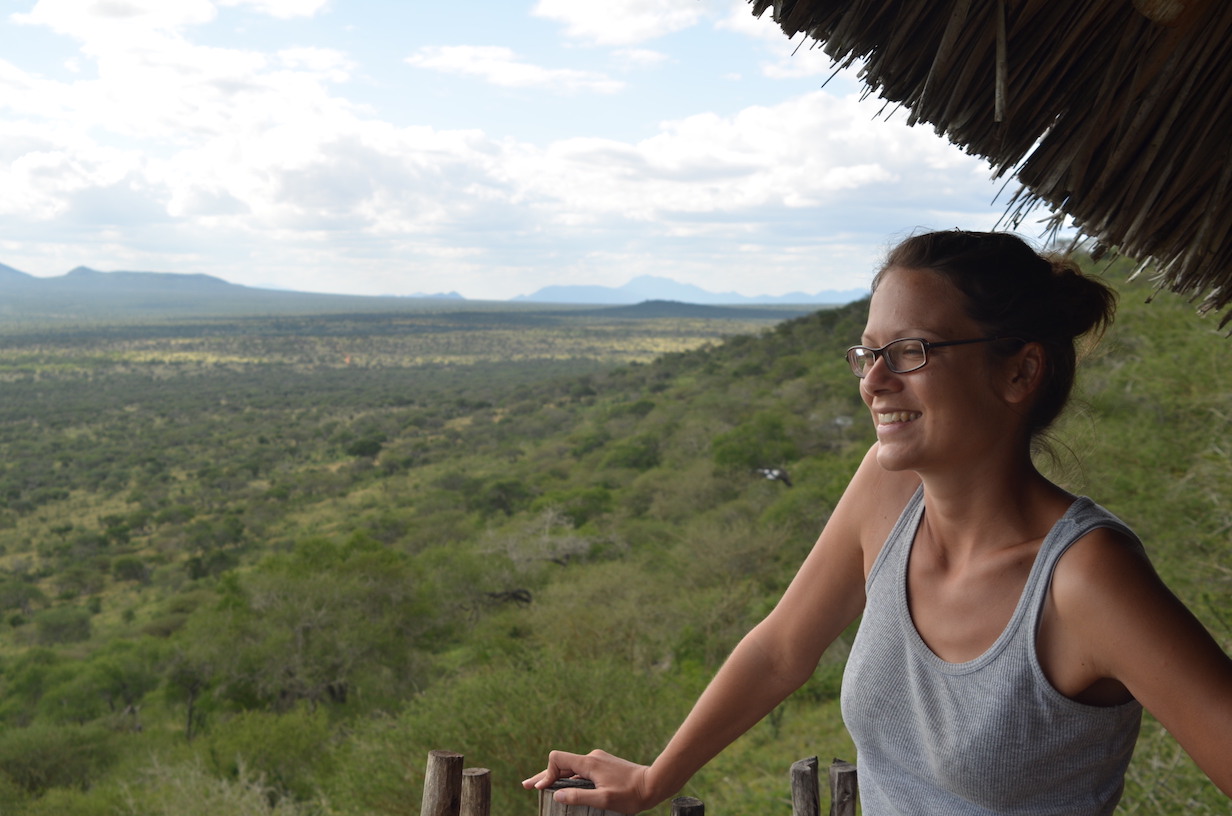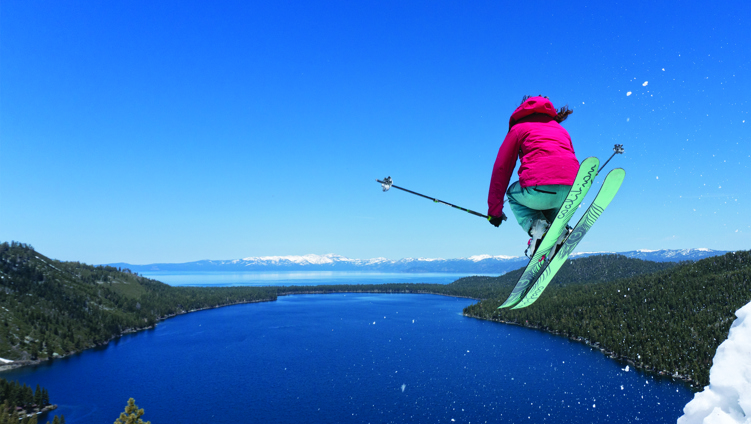Published on 2nd September 2019
Although circumstances certainly do change after kids come along, Kate Lewis highlights some glorious spots in the UK that are perfect for families to find their own adventures and reminds us that becoming a parent does not mean you have to hang up your adventure boots.








